Lisa Schroer’s internship experience at Grünenthal, México
Lisa Schroer is a PhD student at UiO and a student member on the board of BioCat. The article below is her personal recount of her time at a custom-designed internship at Grünenthal Mexico. She hopes that others can learn from her experience and is available for questions.
The journey begins
As I approached the last year of my PhD, I started to think a lot about my future career options. I realized that like many PhD candidates, I did not want to continue in academia. Although I was certain of this point, I had no idea where my qualifications and passions would fit within industry. This is when I decided to take a small break in my PhD and apply for an industry internship. Even though I would not be paid by the university during this time, I saw it as an investment in my future and decided to finance it myself.
The first step was to decide what I wanted to learn and where I wanted to go. I was immediately drawn to Mexico. I love going abroad and learning new languages and about new cultures, and I am also aware that for a future career in the pharmaceutical industry, Latin America is a great choice. I applied to 10 global companies in Mexico City, including the pharma giants Bayer and Pfizer, as well as to a variety of medium-sized companies. As I expected, I got a lot of rejections and suggestions to apply for a pre-designed internship through their career portals, which didn’t fit my needs. Luckily, I received a positive response from Grünenthal Mexico (a German-owned company) and was accepted for an internship specifically designed around my interests. This allowed me to obtain experience from many different departments in the company. In the areas most linked to my skills, such as quality control & assessment, I was allowed to spend a couple of weeks learning the routines. In other areas, such as finance, I spent only a day or two becoming familiar with their general tasks.
Exploring the company
My first day at Grünenthal was very welcoming. The human resource department presented me with everything that I needed to get started: a laptop for work, a notebook and a small gift basket, accompanied by an introductory lecture. During my first four weeks, I worked with quality control (QC) in the lab and quality assessment (QA). I discovered that working in QC in the laboratory of a pharma company is comparable to technician work at a university. Compared to academia, however, they have much stricter rules, require more detailed written reports, and offer overall less freedom in the workplace. This makes sense, of course, as medication requirements for human use and the standards expected to ensure great quality are very high. Working with QA also involved a lot of paperwork, as all lab work must be approved and controlled multiple times. The company was also reorganizing their entire archive at the time, so I assisted with tasks such as creating a new system for the standard reference substances.
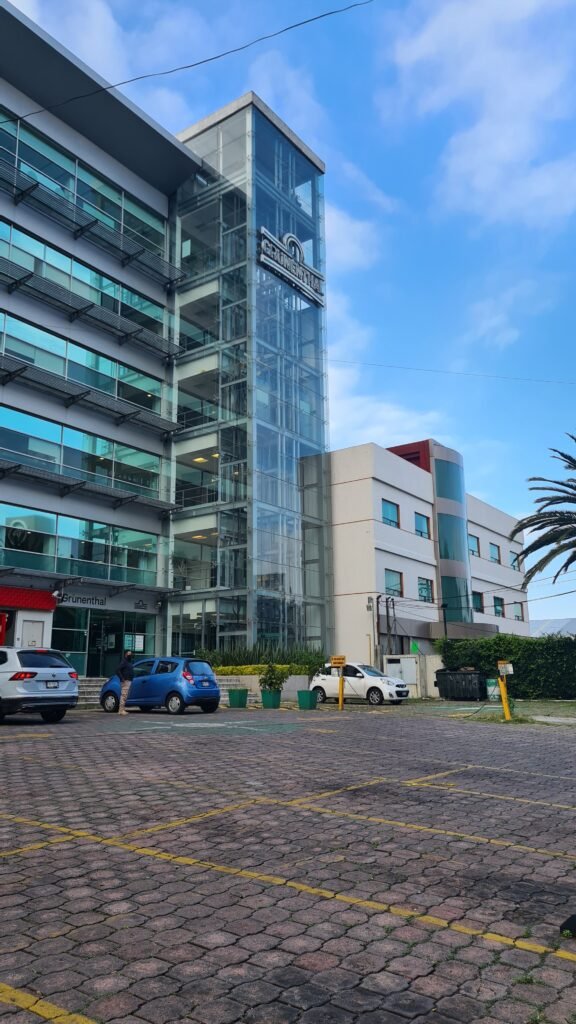
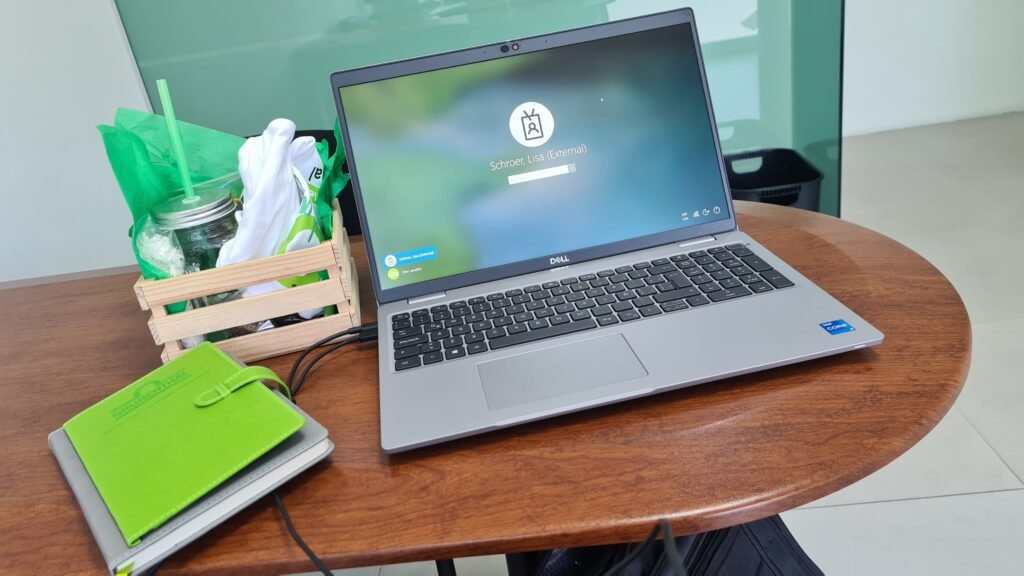

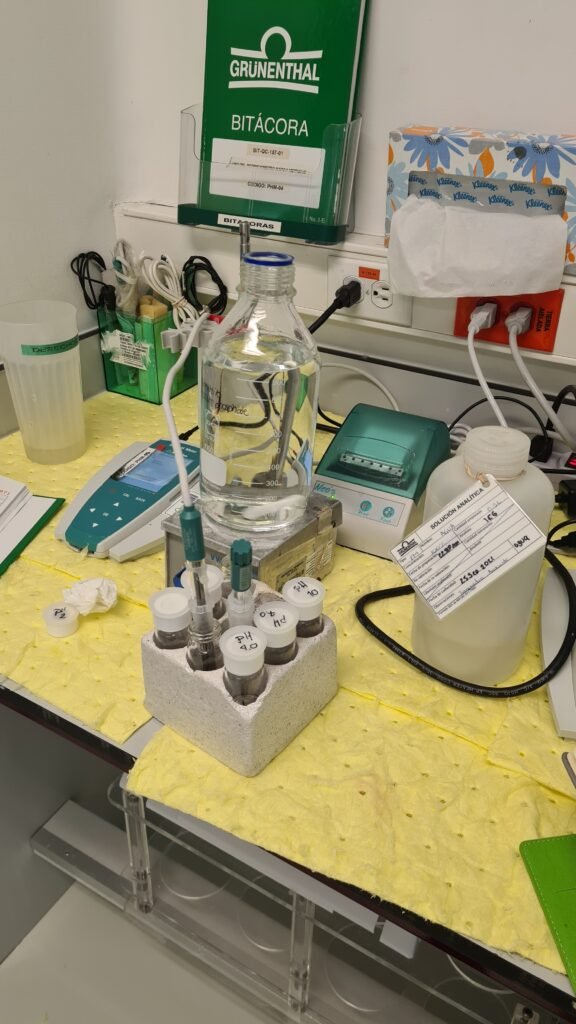
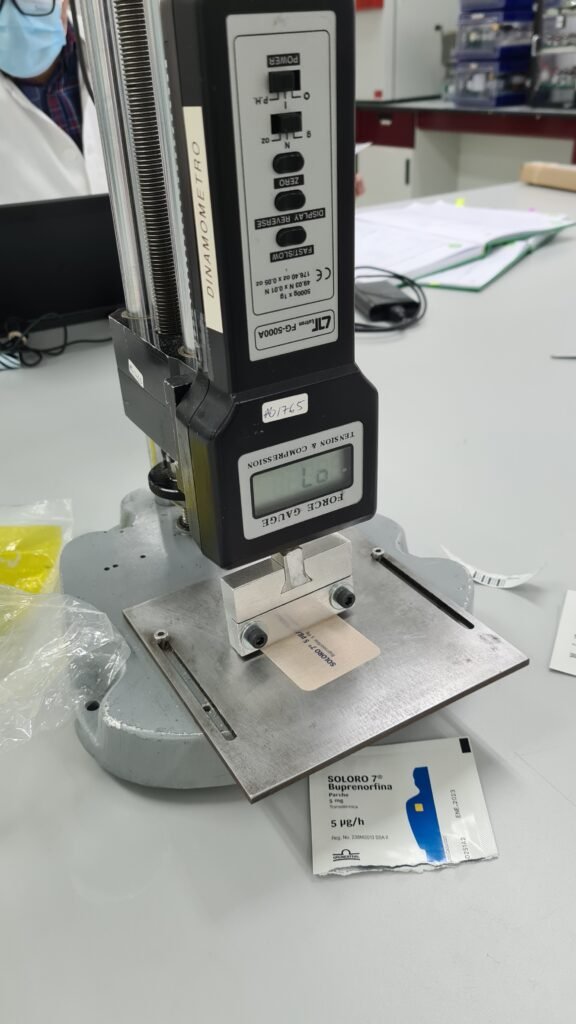
The second place that I visited was the medical department. At Grünenthal Mexico, this includes the Medical Scientific Liaison (MSL) team as well as the sales force. The MSL position was brand new to me. Their tasks are a mixture between market research and education, including exploratory meetings with doctors prescribing the Grünenthal products. Topics included which patient groups found the product most useful, and whether the doctors would prefer more clinical data to build trust in the active compound. As MSLs, we also established collaborations with doctors to conduct clinical trials and provided education about our products in the form of webinars or round-table discussions. For me, this job was the perfect combination of science, communication and human interactions.
The third department was regulatory affairs. This part of the company cooperates with the government to ensure that all products comply with the law. The more highly-regulated the drugs (such as opioids), the more rules there are to follow. Government approval is required for just a single word change in the patient information leaflet, as well as for all marketing campaigns. Many of the employees working in this department have a background in pharmacy or chemistry, rather than in business.




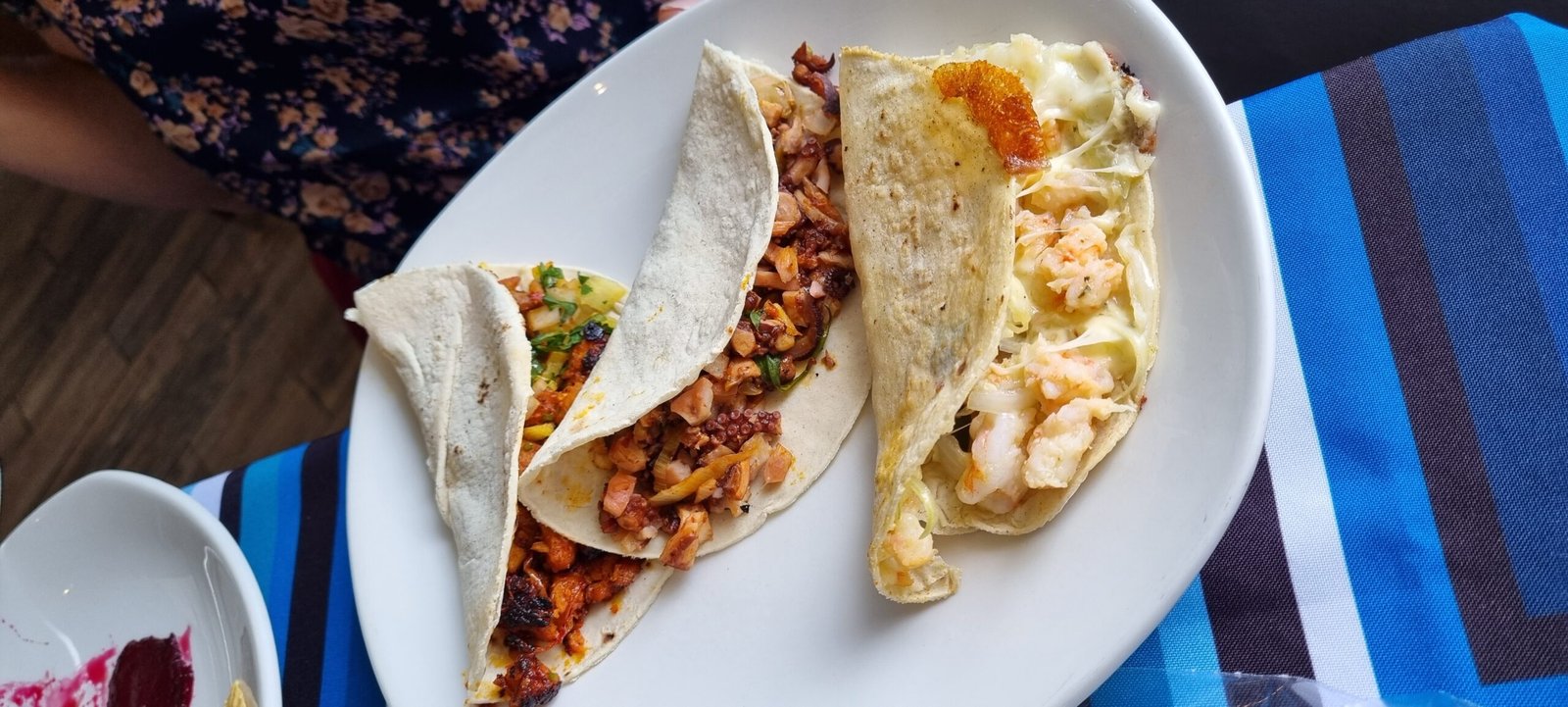
In my final weeks at Grünenthal, my days were spread out over multiple departments including marketing, finance and human resources. In short, I learned that there is much more to the pharma industry than just making and selling drugs. There is a lot of creativity, organization and planning required from hundreds of people to make the company function. Every director (and even the general manager of Grünenthal México) gave me a warm welcoming presentation and was open for questions in the future. In this sense, my internship was very unique, and I feel honored to have had this fantastic opportunity.
A positive experience
Aside from the professional experience, I had a wonderful social experience with my colleagues as well. The Mexican people are very open and friendly, and they immediately accepted me as part of their group. They were not only eager to assist in improving my experience, but also wanted to learn from my knowledge and ideas as a European. Communication could sometimes be a challenge, as I only started learning Spanish shortly before my trip. Nevertheless, we always managed to understand each other and have a great time.




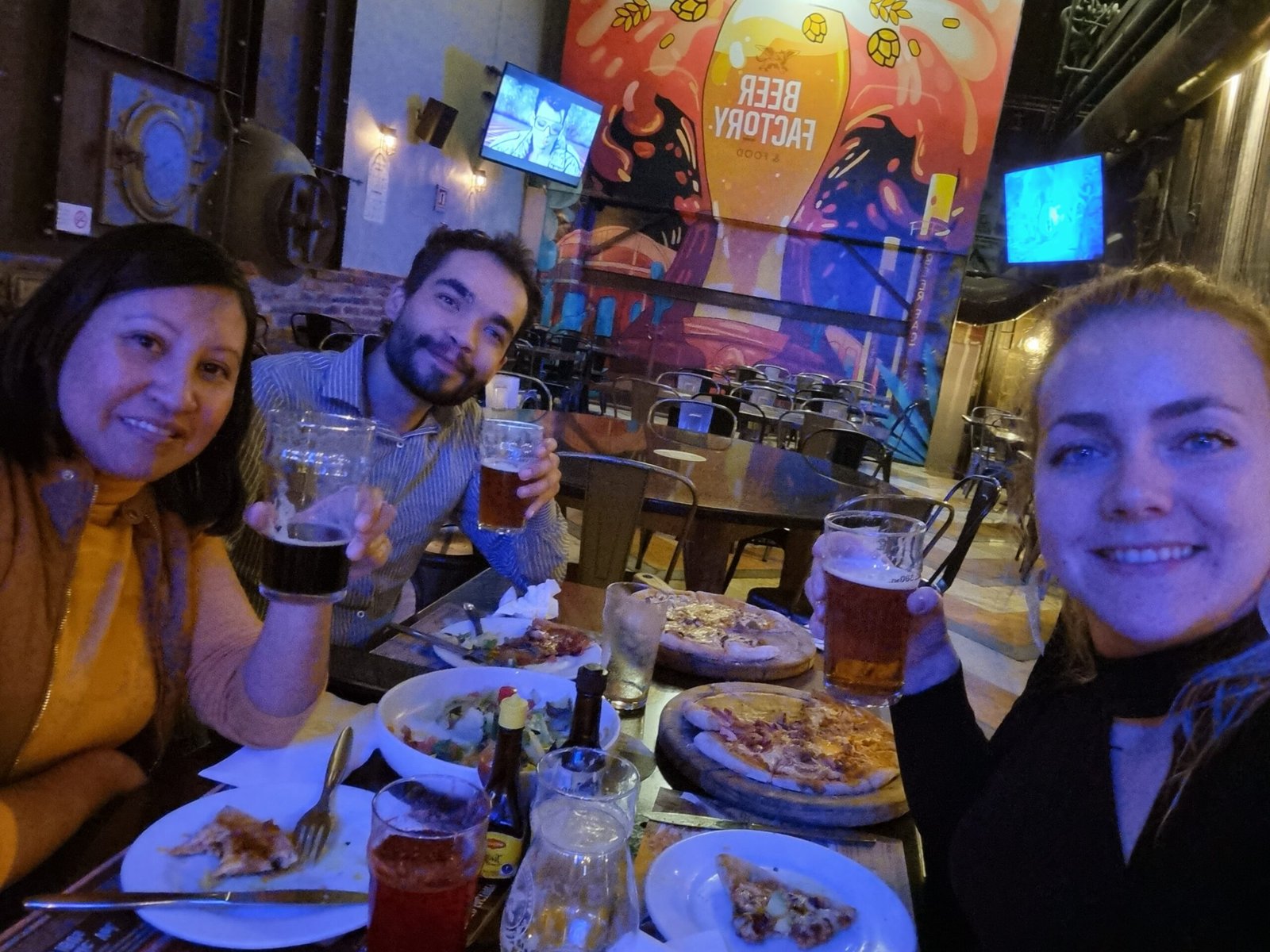
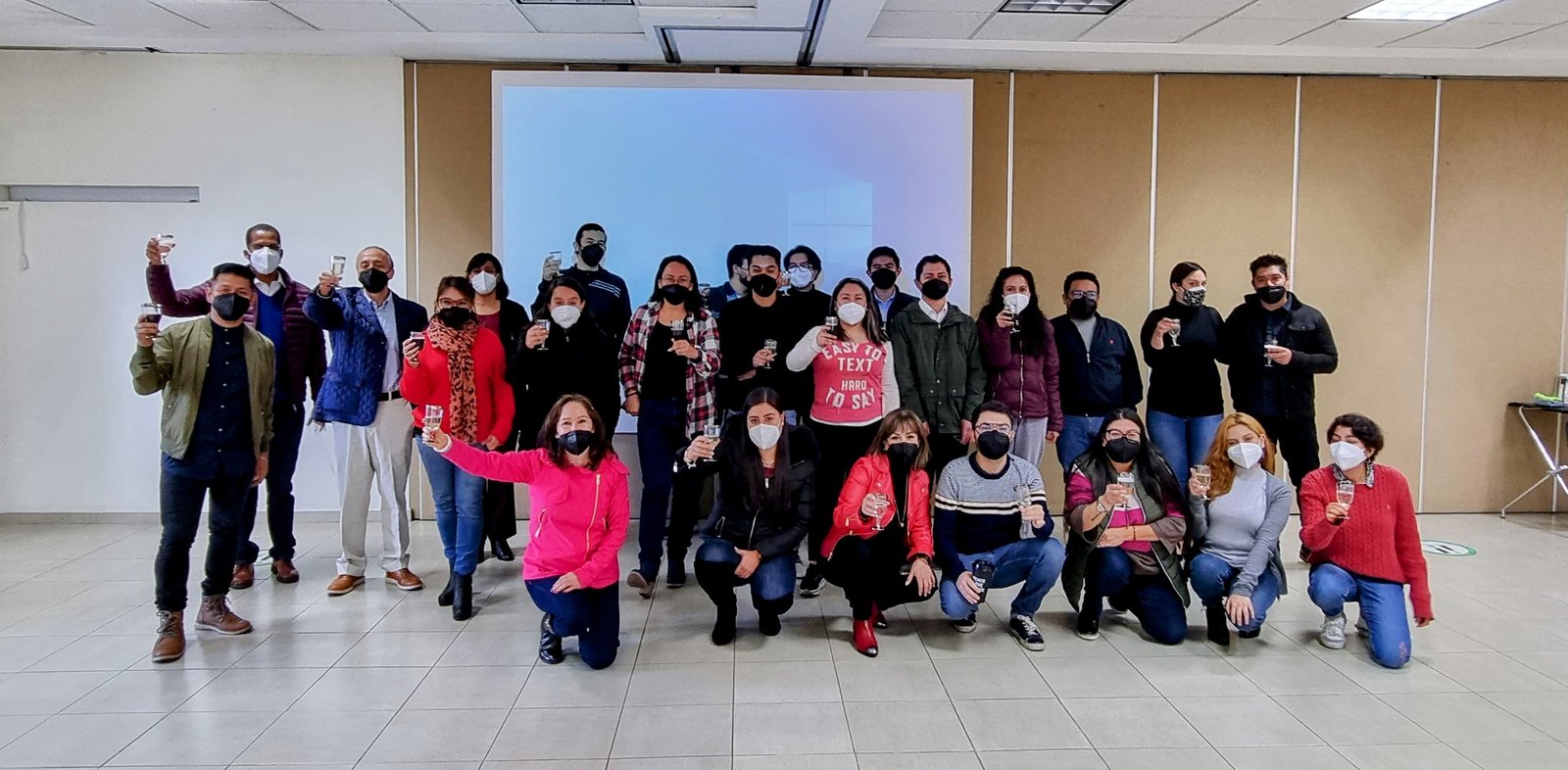
In conclusion, this 3.5 month experience has been priceless. I got to know every single organ of the company and how they function together to create a living and breathing whole. I learned how my analytical, problems solving and critical thinking skills could be of value in industry. I also discovered that I have the ability to work directly with people, and that the experience of being a researcher and a teacher has improved my ability to be organized and flexible. Above all, I learned that we PhD students have the world to conquer! My input at Grünenthal helped to identify mistakes and improve systems. In two departments, I was even asked if I would consider returning after my PhD to work for them.
Take contact
If you have similar thoughts or concerns about your future after your PhD, please feel free to contact me. I would be happy to tell you more about my experience, and how you can start a similar process for your own career. Last but not least, a big thanks for the financial assistance from BioCat, which helped to make my time abroad a bit easier!

